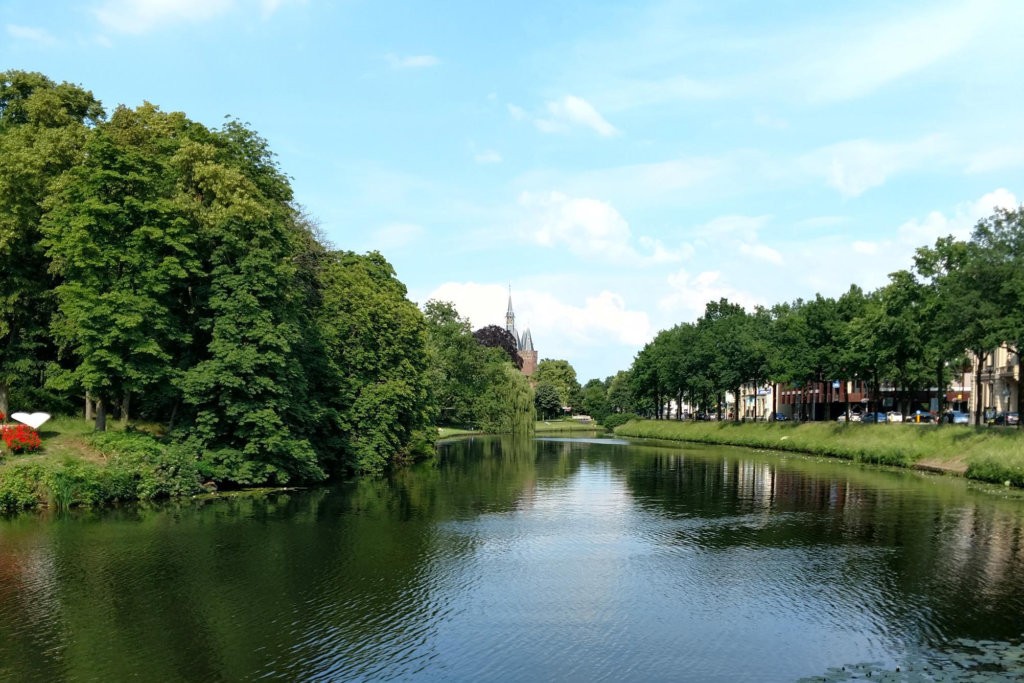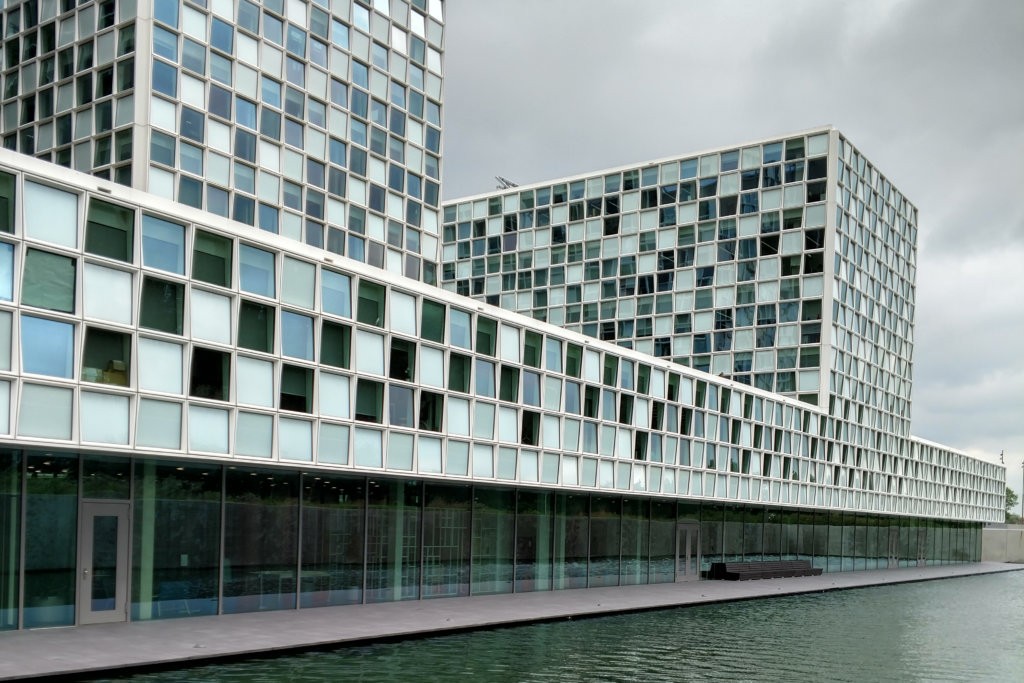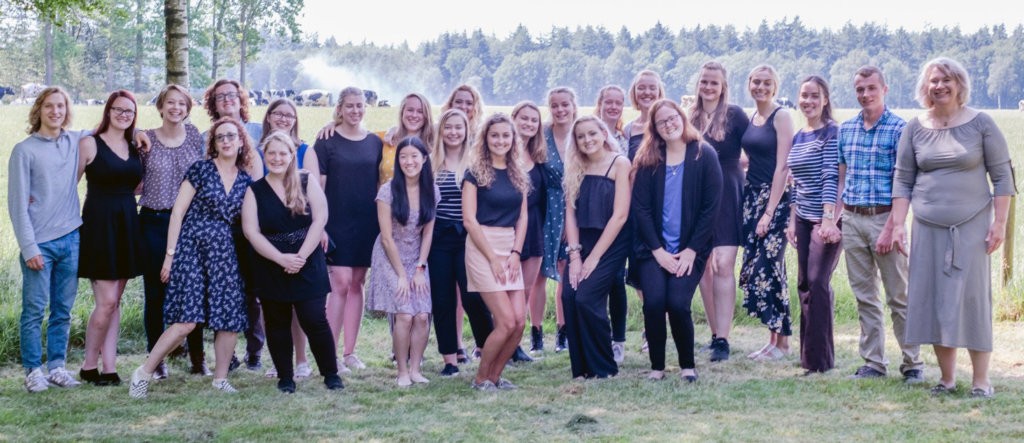A college education is about more than classrooms, textbooks and assignments. Experiential learning—essentially acquiring knowledge through direct, often hands-on experience—takes students outside a traditional academic setting.
That experience for Hope Sands, an honors program junior studying anthropology at EWU, was a life changing trip to the Netherlands and Germany with the Summer Institute on Inclusion, Diversity and the Holocaust.
“It was stressful and extremely taxing emotionally, but I wouldn’t have traded it for any other opportunity in the world,” says Sands. “It’s completely different when you can visit these places rather than see pictures of them in textbooks.”
Jonathan Anderson, dean of the College of Social Sciences, sponsored the trip. One of his goals at Eastern is to increase study abroad and other experiential learning opportunities.
“I don’t want students walking out of Eastern thinking they just read a bunch of textbooks,” says Anderson. “I want them to live their learning.”

Reichstag Building, Berlin 
Zwolle, the Netherlands 
International Criminal Court, Den Haag, the Netherlands
Sands joined 13 American students and seven Dutch students for the two-week institute. While in the Netherlands, the group visited the site of transport camps where the occupying Nazis imprisoned Jewish people before eventually conveying them to concentration camps in Germany and Poland.
The students also had the opportunity to meet a Holocaust survivor and hear his story. “Herman survived the Holocaust without so much as seeing a camp, however the horrors he faced were still significant,” Sands says. “He was passed around among 18 families in order to evade capture by the Germans, and as a result he learned to trust no one.”
Sands says Herman’s story left a lasting impression on the group. “It’s something you can’t get from textbooks and watching movies. He lived those experiences.”
The group of students would go on to visit the International Criminal Court where crimes against humanity are handled, the Anne Frank House, the Bergen Belsen prisoner of war camp and a number of museums, including Berlin’s National Jewish Museum and the National Holocaust Monument and Museum.
These history-rich lessons were designed to leave students with a new perspective, one that will help them think critically about everyday situations. As part of the institute, Sands was required to complete a group project in which students were asked to solve a modern problem of their choice. Sands’ group developed a website that helps readers understand the nature of media biases and the origin of such biases worldwide. The goal, group members said, is to help site visitors develop opinions without the influence of outside biases.

Now back at Eastern for her junior year, Sands will work with Anderson to share some of what she learned to other students on campus. “The friends, memories and lessons I learned from this institute will stick with me for the rest of my life,” says Sands.
Anderson hopes more students will take advantage of programs like this one. “If any student is debating as to whether or not to participate in a study abroad, or some sort of experiential learning—don’t hesitate,” he says. “You never really learn something until you’re truly doing or engaged in that community or that culture.”

